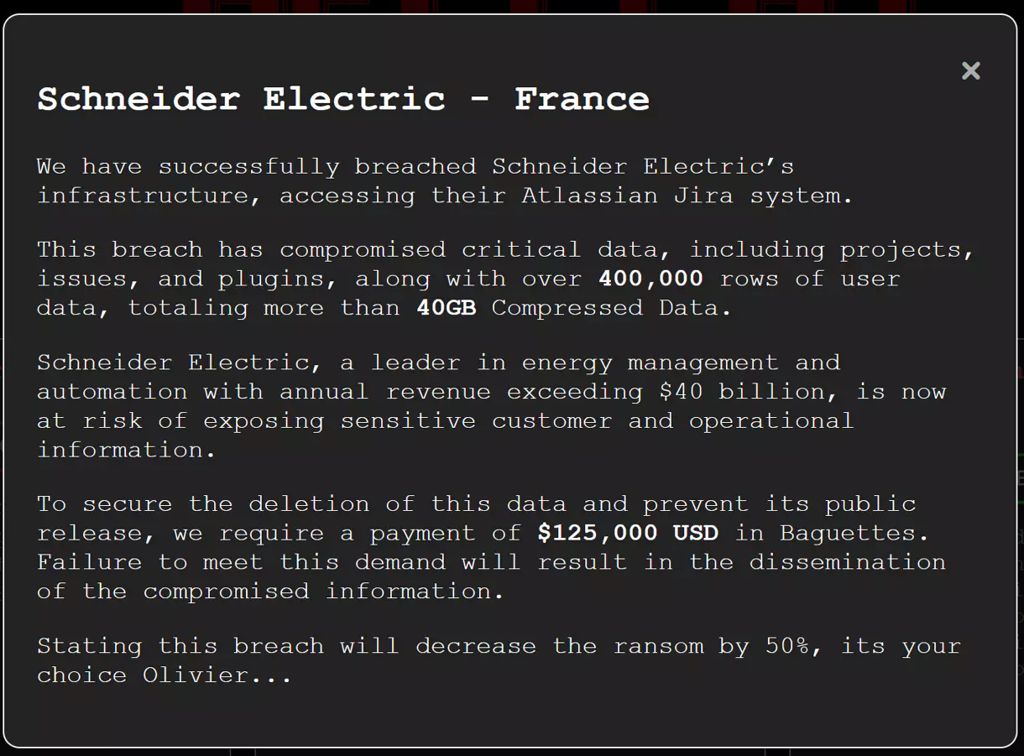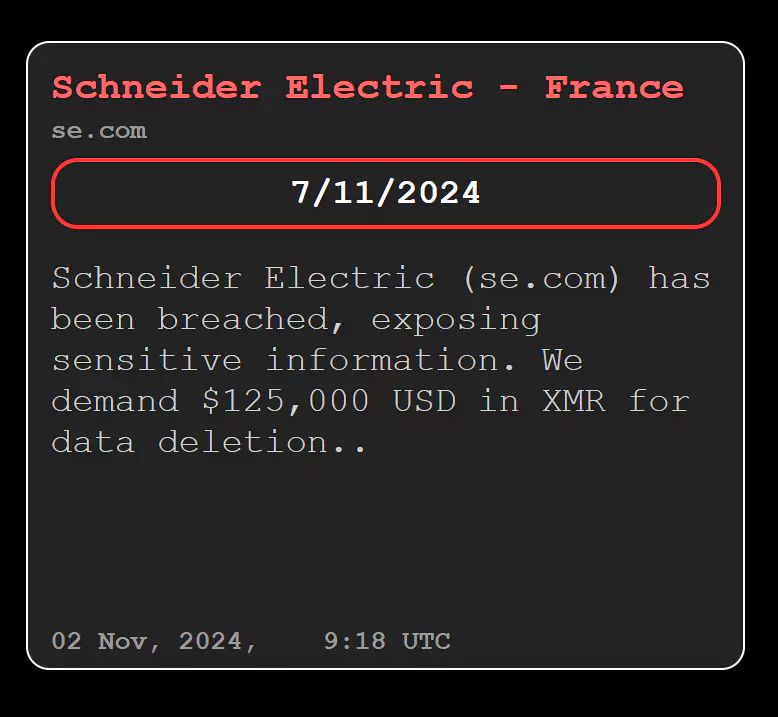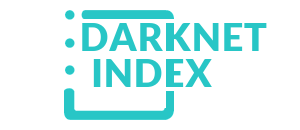The darknet, also known as the dark web, is a concealed section of the internet that's inaccessible via standard search engines. You can only access it using special software, settings, or authorization. This area comprises websites and content that are purposely kept hidden from public view.
Accessing darknet requires using Tor Browser, a special web browser that routes your internet traffic through a global network of relays managed by volunteers. This way, it becomes very difficult to trace which websites you're visiting, and these sites won't know where you are located.
When visiting the dark web, use a secure browser like Tor, do not reveal any of your personal information, and don't open suspicious files or links to stay safe.
The Darknet is often utilized for secure communication, discreet information or file sharing, anonymous research without identity exposure, and occasionally for engaging in illicit activities. It is also recognized for hosting underground black markets(darknet markets), whistleblowing platforms, and discussion boards that champion freedom of speech.
While accessing Darknet Markets themselves is typically not against the law in most places, engaging with illicit goods within them is generally considered a crime. On the other hand, some people might visit Darknet Markets for lawful purposes such as research, journalistic work, or simply to explore online communities. It's essential to know the local laws regarding online activities, and be cautious when using these platforms to avoid any potential issues.
Cyber Gang Demands Baguettes After Data Breach at Schneider Electric
The darknet cyber group Hellcat has reportedly infiltrated Schneider Electric's IT systems, stealing substantial amounts of data. The group is now demanding a ransom in exchange for deleting the stolen information.
Schneider Electric, a global leader in industrial technology, has fallen victim to a cyber attack. The hackers, claiming to be from the Hellcat group, say they accessed the company's systems and took large volumes of sensitive data. They are now threatening to publish the stolen information unless their ransom demands are met.
The ransom note, posted on the darknet page of Hellcat, reveals that the attackers gained access to Schneider Electric's Atlassian Jira system. They claim to have extracted critical data, including projects, issues, plug-ins, and around 400,000 rows of user data—amounting to more than 40 GB of compressed files.
An Unconventional Ransom Request
In a bizarre twist, the criminals have demanded a ransom of $125,000—specifically to be paid in baguettes. The note further threatens that failure to meet the demand will lead to the public release of the compromised data. Interestingly, the attackers also state that the ransom amount will be reduced by 50% if the data is disclosed publicly.

Hellcat's darknet page includes a deadline for the release of the data: Thursday, November 7. While the ransom is specified in baguettes, the actual payment is requested in Monero (XMR), a privacy-focused cryptocurrency.

Schneider Electric has acknowledged the breach, stating that it is investigating the incident, which involved unauthorized access to one of its internal project tracking platforms. The company assured the public that the attack was contained within an isolated environment and that their products and services remain unaffected. Schneider Electric's global incident response team has been mobilized to address the situation.
As of now, Schneider Electric has not commented further, and no official response has been issued to requests from the press.
This is not the first time the company has dealt with cybercriminals. Earlier this year, the hacker group "Cactus" breached Schneider Electric’s systems and stole terabytes of data. While Schneider Electric provided details about that breach at the time, there has been no recent mention of the incident on the company's website.
